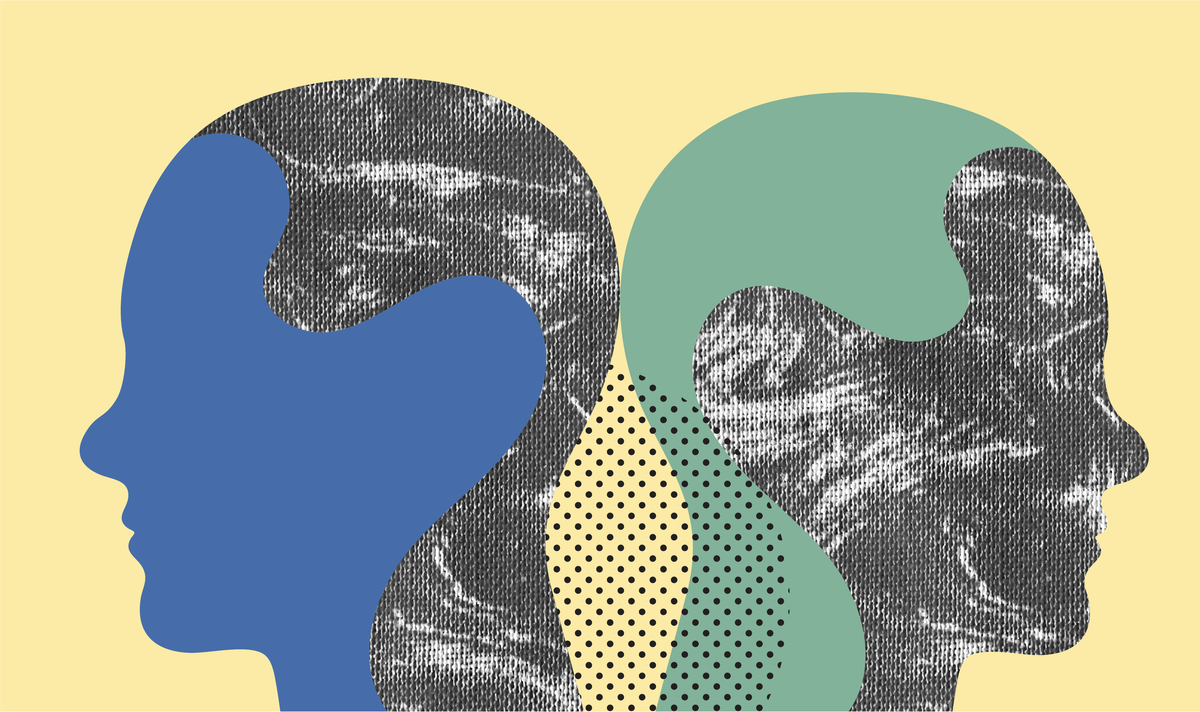False claims that trans identity is a mental health condition recirculate
Plus, commenters discussed exercise as a treatment for depression and brought attention to eating disorders in adulthood.

Plus, commenters discussed exercise as a treatment for depression and brought attention to eating disorders in adulthood.
Several recent social media posts about transgender people fueled false claims that trans identity is a mental health condition. Other posts debated whether exercise is an effective treatment for depression and highlighted eating disorders (EDs) in adulthood.
In light of these discussions, communicators may reiterate that trans identity is not a mental health condition and share resources geared toward this community, share information about depression treatment, and recirculate resources for adults with EDs.

Insights brought to you by the reporters and science writers of Public Good News (PGN), a nonprofit newsroom dedicated to improving community health.
What’s trending nationally in conversations about mental health
Recent popular posts on X and Reddit fueled false claims that trans identity is a mental health condition. On September 19, Elon Musk alleged on X that a person who attempted to kill Supreme Court Justice Brett Kavanaugh in 2022 is trans and “deeply mentally ill and suicidal.” The post received approximately 11.1 million views, 185,000 likes, 42,000 reposts, and 8,600 comments as of September 24. Many commenters expressed stigmatizing attitudes toward trans people and falsely claimed that trans identity is a mental health condition. Another popular X post alleged that a trans athlete celebrated Charlie Kirk’s death and received hundreds of comments, with some suggesting that trans people are violent and “need mental help.”
On September 21, a Reddit user shared an article in the subreddit r/Psychology about an April JAMA study that found that major depressive disorder is associated with poor blood flow. The post received more than 400 comments as of September 24, and many debated whether exercising to improve blood flow is an effective treatment for depression. Some said that the article’s title—which claimed that there is “no evidence that depression is caused by a chemical imbalance”—is misleading and that even when they exercise regularly, they still need medication like selective serotonin reuptake inhibitors to manage depression symptoms.
On September 15, a X user shared a post acknowledging that eating disorders impact adults, not just children and teens. The post received approximately 14,300 views, 1,100 likes, 100 reposts, and 20 comments as of September 24. While the post only received about 20 comments as of September 24, many commenters agreed that EDs don’t “magically go away” in adulthood.

Recommendations brought to you by the health communication experts behind Infodemiology.com.
Recommendations for public health professionals
Each week, the Infodemiology.com team will provide messaging recommendations in response to some of the trending narratives outlined above. These helpful tips can be used when creating content, updating web and FAQ pages, and developing strategy for messaging about mental health.
The myth that being trans is a mental health condition is persistent. Messaging responding to this false claim may emphasize that while trans people may experience psychological distress in response to discrimination and legal stigma, all major mental health organizations agree that trans identities are normal variants of human gender and are not mental health conditions. Communicators may want to recirculate mental health resources geared toward trans people, such as directories where people can search for trans-informed therapists and support groups, the Trans Lifeline, the Trevor Project’s hotline for LGBTQ+ youth, and the LGBT National Help Center.
In response to conversations about exercise and depression, messaging may explain that lifestyle changes have been shown to support mental health, including exercising regularly, eating a nutrient-dense diet, getting adequate sleep, maintaining connections with loved ones, managing stress, and practicing meditation. However, lifestyle changes alone may not be enough to help everyone improve depression symptoms. Sharing information about the signs of depression and treatment options, such as therapy and antidepressant medications, is recommended. Communicators may also want to share the 988 Suicide & Crisis Lifeline, especially as September is Suicide Prevention Month.
Discussions about EDs provide an opportunity to emphasize that anyone can develop an ED at any age. Messaging may outline the types of EDs, their warning signs, and treatment resources, such as local ED treatment centers and Project HEAL, which helps people overcome financial barriers to ED treatment.
